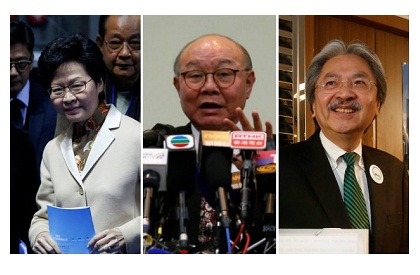 Courtesy: Asia Times
Courtesy: Asia Times
The 26 March 2017 election of the chief executive of Hong Kong is the first since the failure of the 2014 political reform package. It is partly unique because of who is not running, namely current chief executive CY Leung, who has incurred his share of unpopularity. Who will be the victor?
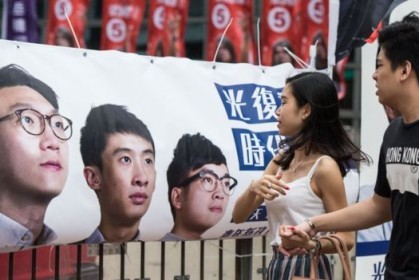 Courtesy: AFP
Courtesy: AFP
The unanticipated success of "radical" candidates in Hong Kong's Legislative Council election, including student activists central to the "umbrella revolution" of two years ago, has shaken the territory's pro-Chinese establishment and seized ground from more moderate pro-democracy voices. More fractious politics look set to continue in the immediate future.
 Courtesy: Day Donaldson/Flickr
Courtesy: Day Donaldson/Flickr
China's decision to relax its “One Child Policy” will have a lesser impact on tackling the country's looming demographics crisis than people expect. In contrast, India has seen its population growth rate adjust naturally, helped by non-coercive family planning policies.
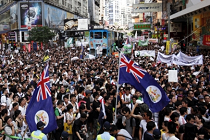 Courtesy: cdfwatson
Courtesy: cdfwatson
The stage has been set for protests by pro-democracy groups in Hong Kong’s financial district following Beijing’s rejection of open civil nominations. This decision has angered pro-democracy groups, but the debate represents a continued effort to define the scope and limits of Hong Kong’s autonomy under China
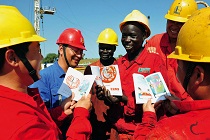 Courtesy: cowriesrice
Courtesy: cowriesrice
China's investment in Africa holds both positive and negative lessons for India. India can learn from Beijing's success at courting African leaders, but should focus on investments that better develop local African communities.
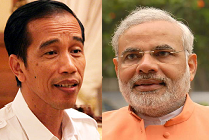 Courtesy: Gateway House
Courtesy: Gateway House
The recent election in Indonesia gives India a chance to evaluate the many points of comparison between the two diverse and vibrant democracies. Both will face similar challenges, and so Indonesia may be a better parallel as well as partner than China – the usual model cited for development







